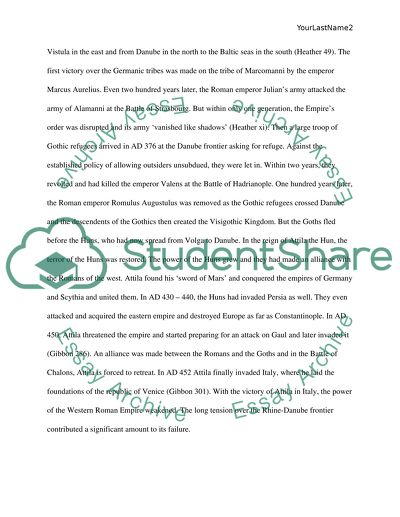Cite this document
(“Political, Social and Economic Reasons for the Decline of the Western Essay”, n.d.)
Retrieved from https://studentshare.org/history/1483548-political-social-and-economic-reasons-for-the-decline-of-the-western-roman-empire
Retrieved from https://studentshare.org/history/1483548-political-social-and-economic-reasons-for-the-decline-of-the-western-roman-empire
(Political, Social and Economic Reasons for the Decline of the Western Essay)
https://studentshare.org/history/1483548-political-social-and-economic-reasons-for-the-decline-of-the-western-roman-empire.
https://studentshare.org/history/1483548-political-social-and-economic-reasons-for-the-decline-of-the-western-roman-empire.
“Political, Social and Economic Reasons for the Decline of the Western Essay”, n.d. https://studentshare.org/history/1483548-political-social-and-economic-reasons-for-the-decline-of-the-western-roman-empire.


